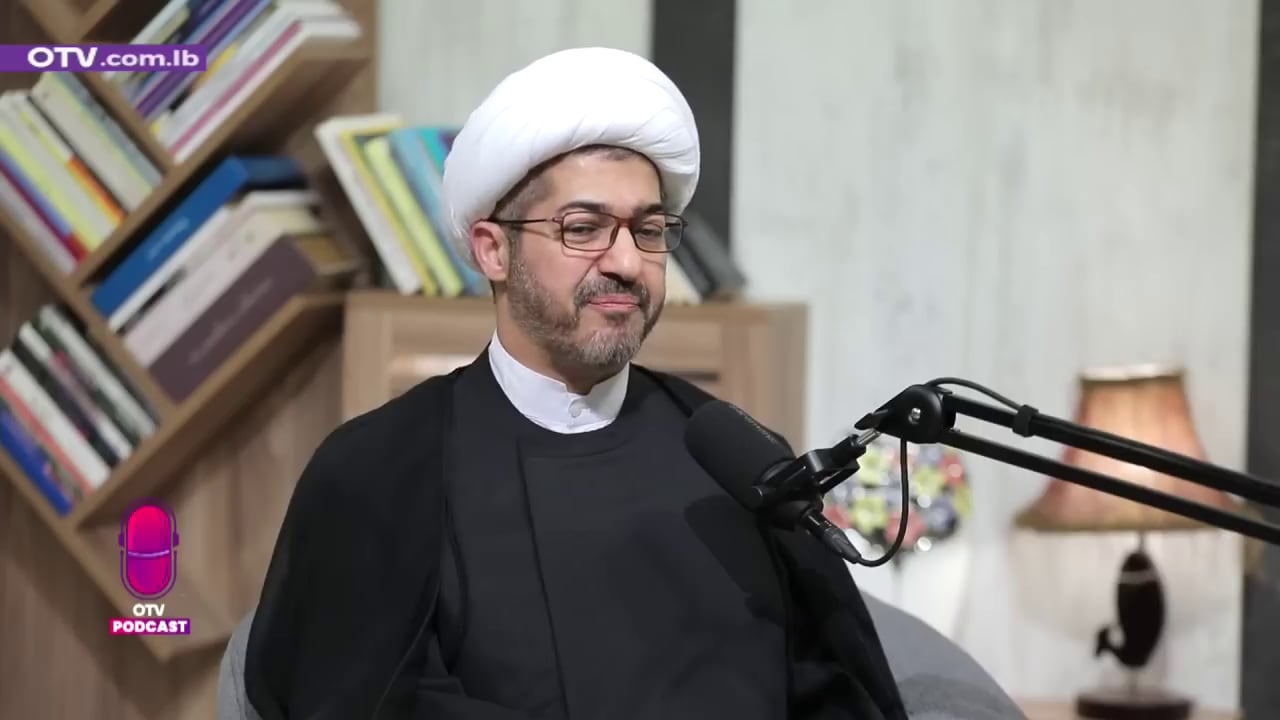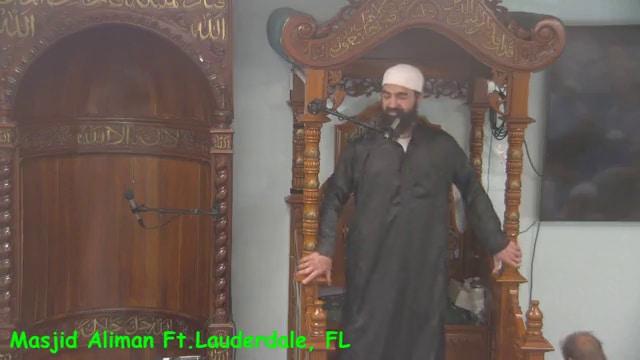
Following are excerpts from a TV children's program with Egyptian cleric Sheik Mahmoud Al-Masri, which aired on Al-Nas TV on July 21, 2007.
Mahmoud Al-Masri: We should not teach our children to lie, because it is forbidden. But there are three types of lies that are permitted. Let me tell you what they are.
[...]
The first, my dears, is lying to the wife in matters of the heart. You are not married yet, but Allah willing, you will be one day, and then you will know what I'm talking about. The wife always likes her husband to say sweet things to her: "I love you," "I'm crazy about you," things like that. All the forbidden things he used to say before he was married –he should say them now, when they are no longer forbidden. The wife always likes to hear emotional stuff, in order to feel stability in life. The wife does not want money. She wants sweet words and emotions. Sometimes, the husband reaches the point where he gets tired of his wife, and can't stand her, and doesn't want to see her anymore. The same goes for the wife – she can't wait for the day that Allah will take him away from her. So what should we do in such a situation? In order to preserve the Muslim family, the Prophet Muhammad allowed the husband or wife to lie to one another – but only about matters of the heart, mind you. About what?
Children: Matters of the heart.
Mahmoud Al-Masri: Matters of the heart. If the wife asks her husband: "Do you love me, Abu Muhammad?" He should say: "Of course I love you, honey. How could anyone not love you?" He might not love her at all, but when he says: "I love you," she feels happy and stable, and feels that this is still her home, and that these are still her children and her husband. Right? But if he were to say to her: "The Prophet has forbidden lying, so I cannot tell a lie – I hate you, I want to kill you, and get rid of you..." Can they possibly continue to live together after this? No. That's why the Prophet Muhammad said: "You are allowed to lie to your wife, but only about matters of the heart." He is not allowed to lie to her about money, or about his comings and goings, and so on. No – only about matters of the heart. "Do you love me?" "I'm crazy about you, my life, you are a part of my heart. If you opened my heart, you wouldn't find anybody there but you." You should say such things that will make her happy and fix matters. That, my dears, is the first kind of lies that are permitted. What lies?
Children: Permitted lies.
Mahmoud Al-Masri: Permitted lies. There's no such thing as a "white lie" or a "black lie." No, there are exceptions. My dears, the second kind is lying to the enemy in times of war. What does this mean? For example, somebody joins the army, and a war breaks out, between us and the Jews, for example. He is captured by the Jews, who ask him: "Where do you keep your weapons, where is your artillery, and where are your airplanes, and so on?" He knows, but what will happen if he tells them the truth? He will destroy his country, right? So what should he do? If, for example, he knows that the tanks are at Heliopolis, he should say they are at Hilwan. Is he lying or not?
Children: Yes.
Mahmoud Al-Masri: But it is permitted, in order to defend his country. Do you get it, my dears? So this is the second kind of lies that is permitted. The third kind is in order to reconcile two rivals. What does that mean? What's your name?
Ahmad: Ahmad.
Mahmoud Al-Masri: And what is yours? Mahmoud. Ahmad quarrels with Mahmoud, and the two are mad at each other, After the show, they might got out and hit each other. What should we do? We take Ahmad aside, and say to him: "Ahmad, you are mad at Mahmoud, but Mahmoud loves you very much, and keeps saying: I love Ahmad very much and don't know why he's mad at me. I want to make up with him, and if I was sure he would agree to make up with me, I'd tell him I love him very much." And then you go to Mahmoud and say to him: "Why are you mad at Ahmad? Ahmad praises you, and loves you very very much." Did I lie to him? Yes, I did. But is this lie permitted or forbidden?
Children: It's permitted.
Mahmoud Al-Masri: How come? Because we are reconciling two Muslims.













